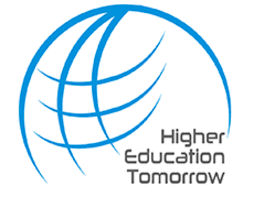OUR SERVICES
STUDY ABROAD

"Do you wish to study abroad; you are on the right place to catch up your dreams. Mark One will help you reach your goal. We will help you in university selection, immigration assistance, as well as admission in university / college. Loan assistance to study abroad will be provided by our consultancy in case if you find any difficulty. We will take care of visa assistance and attestation procedures as well. We will not just leave you like that, but we will also provide airport pickup and accommodation assistance. Who else will bother for you other than Mark One?"
